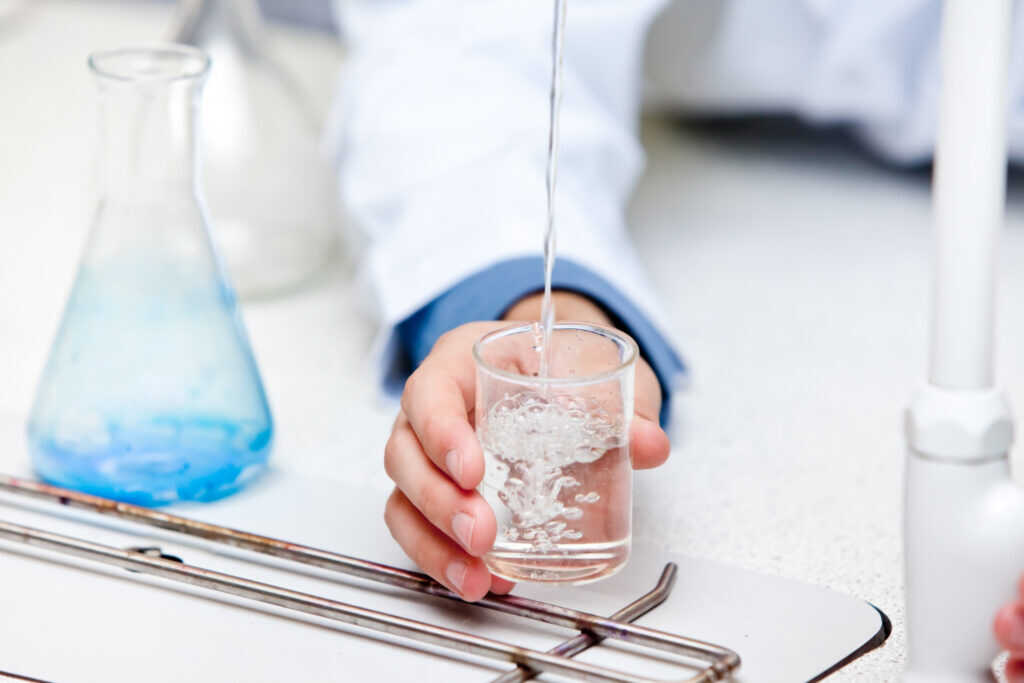Pool Routes for Sale – Understanding Water Chemistry
Introduction
Maintaining the perfect balance in your pool water is crucial for ensuring both safety and comfort. Whether you're a seasoned pool owner or just starting out on your pool maintenance journey, understanding water chemistry can make a significant difference. In this guide, we’ll explore the essentials of pool water chemistry and how it impacts your pool’s health and your enjoyment. Additionally, if you're in the market for a pool route, understanding these fundamentals will also aid in managing your pool routes effectively.
Necessary Chlorine Levels
Maintaining the correct chlorine levels in your pool is essential for keeping the water safe and free from harmful bacteria and algae. Chlorine acts as a sanitizer, disinfecting the water and ensuring it remains clear and safe for swimmers. For those managing pool routes for sale, understanding chlorine levels helps in delivering consistently high-quality pool maintenance services.
Importance of pH Levels
pH levels in your pool water play a critical role in maintaining water balance. A proper pH level (typically between 7.2 and 7.8) helps prevent corrosion of pool equipment and surfaces. It also enhances the effectiveness of chlorine, ensuring optimal sanitation. Keeping a balanced pH is particularly important for those considering buying a pool route, as it minimizes maintenance issues and improves customer satisfaction.
Total Alkalinity
Total alkalinity acts as a buffer for pH levels, helping to maintain stability in your pool water. By preventing drastic pH fluctuations, total alkalinity ensures that the water remains balanced and comfortable for swimmers. Pool route sales professionals know that well-maintained alkalinity levels reduce the need for frequent chemical adjustments, saving time and resources.
Calcium Hardness
Calcium hardness refers to the amount of dissolved calcium in your pool water. Appropriate calcium levels (200-400 ppm) prevent damage to the pool surface and equipment. Low calcium levels can lead to etching of plaster, while high levels can cause scaling. For those managing pool routes, maintaining proper calcium hardness is key to preserving the longevity and appearance of the pools in their care.
Using Stabilizer (Cyanuric Acid)
Stabilizer, or cyanuric acid (CYA), is used to protect chlorine from being degraded by the sun’s UV rays. Keeping CYA levels between 30-50 ppm ensures that chlorine remains effective for longer periods, reducing the need for frequent additions. This is especially beneficial for pool route professionals who need to maintain multiple pools, as it streamlines the chemical management process.
Conclusion
Understanding the basics of water chemistry is fundamental for anyone involved in pool maintenance, whether you're a pool owner or managing pool routes. By ensuring proper chlorine levels, pH balance, total alkalinity, calcium hardness, and stabilizer use, you can keep your pool water safe, clear, and inviting. If you're looking to buy a pool route or manage pool routes for sale, these insights will help you maintain high standards and customer satisfaction.
Call-to-Action
Interested in learning more about pool routes and how to manage them effectively? Check out our comprehensive guide on pool route management and discover tips and tricks from industry experts. Share this post on social media to help others master pool chemistry!



